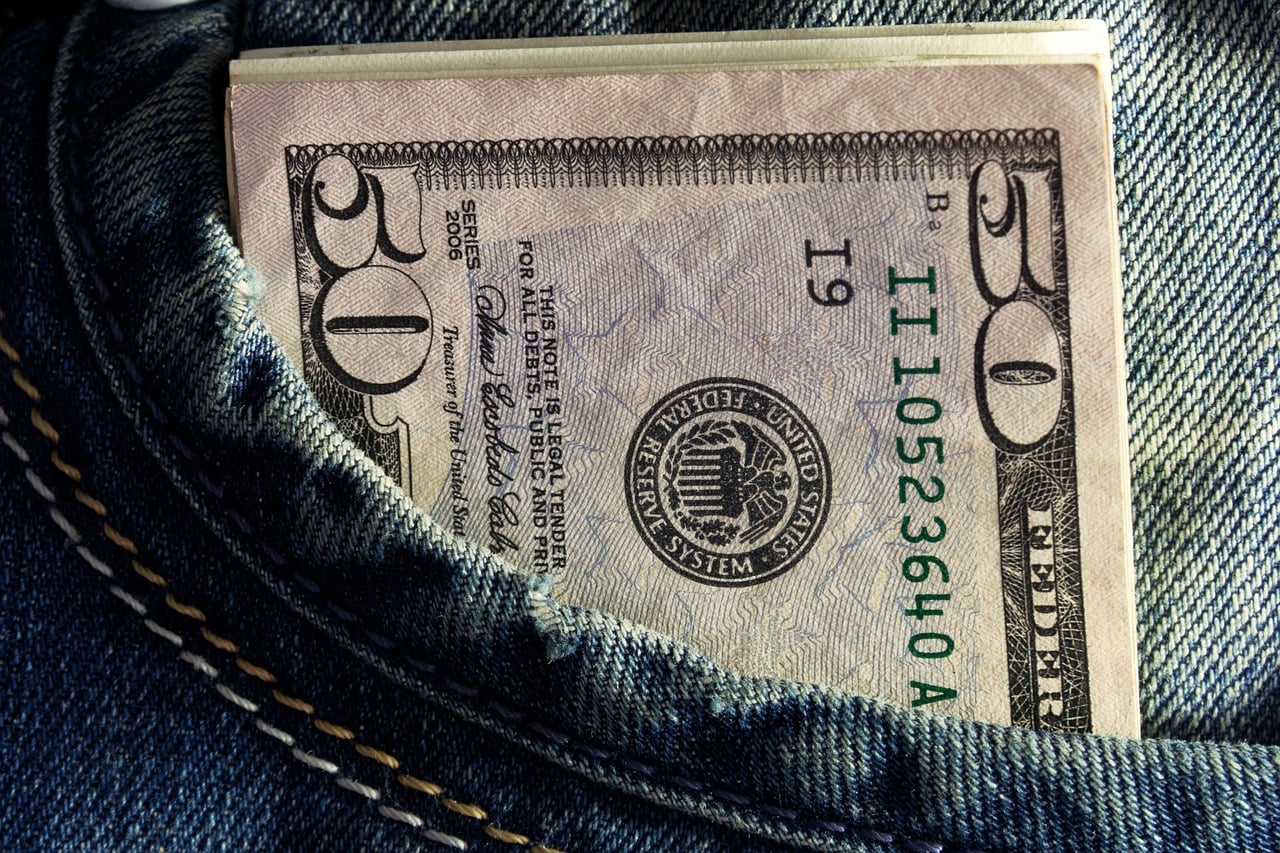After a dearth of news about a second round of economic stimulus checks from the IRS, this week has brought several updates. Now President Donald Trump has again said Americans can expect the phase four stimulus package “very soon” and that a second round of economic stimulus checks from the IRS will be included.
Q2 2020 hedge fund letters, conferences and more
Trump on a second round of economic stimulus checks from the IRS
Jessi Turnure of Nexstar asked the president whether Americans can expect a second stimulus check soon. He responded by saying that the answer is yes, and they are working on the next stimulus package with Congress right now. He added that the phase four stimulus package will "take place very soon."
In a one-on-one interview, President Trump tells me Americans can expect another round of stimulus checks soon, but his administration and Congress are still negotiating the exact amount included in the next and likely final round of coronavirus relief. #NexstarDC pic.twitter.com/hKjqakSaYX
— Jessi Turnure (@JessiTurnure) July 7, 2020
The fact that the Trump administration is working with Congress right now is good news. The Senate is on recess and the House of Representatives is working in committees, which would normally mean that work on legislation would be halted.
However, since the White House is working on the phase four stimulus package, it could mean that the Senate will have something to vote on when they arrive back in Washington after their two-week recess.
Income could be capped at $40,000
Trump isn't the only official saying a second round of economic stimulus checks will likely be coming from the IRS. Senate Majority Leader Mitch McConnell, who previously avoided the topic, said more checks "could well be" included in the phase four stimulus package.
Unlike the first round of checks, the second round could target only lower-income households. McConnell suggested that may include individuals earning $40,000 or less. That lines up with what we've heard from other Republicans and even Senate Democrats, who have said they think the second round of checks should be more targeted to those who need the money the most.
White House Chief of Staff Mark Meadows also said in an interview that as long as Trump supports a second round of economic stimulus checks, they could make it into the phase four package. Trump has repeatedly said they will send more checks, so with comments from more and more officials in support of direct payments, it's looking likely that there will be more checks.
If there are more economic stimulus checks from the IRS, it's unclear how much they might be. Trump wants to see more than the $1,200 Democrats proposed back in May, but no one else is saying anything about how much the checks may end up being.
Beyond a second economic stimulus check from the IRS
More direct payments won't be the only provision in the phase four stimulus package, although they have been getting the most attention. Even if lawmakers do place a $40,000 income cap on the second round of checks, there will likely be provisions that will help put money in the pockets of higher-income households as well.
For example, one provision Republicans and Trump have been talking up is a temporary suspension of payroll taxes. Suspending the payroll tax would put more money in the pockets of working Americans without adding to the federal deficit.
However, the payroll tax supports Medicare and Social Security. Republicans have said they can pull funding from other sources to support Medicare and Social Security, although it's difficult to imagine Democrats voting in favor of a payroll tax cut.
Unemployment will also be a hot topic in the debates over the phase four stimulus package. Democrats want to extend the extra $600 in weekly benefits, but Republicans want to reduce the amount. Most people on unemployment have been getting paid more not to work than what they were getting paid on the job.
Republicans want to get the economy back up and running again. They're concerned that extending the extra $600 in weekly unemployment benefits will incentivize people to stay out of work for as long as possible, making it impossible for small businesses to reopen.
Other possible provisions include back-to-work bonuses for unemployed people returning to their jobs and liability protections for businesses. Democrats want to see financial aid for state and local governments. There's also been talk about forgiveness for student loans.
A tight timeline
Congress is on a tight timeline to get the phase four stimulus package passed. Negotiations are set to begin on or after July 20. The House leaves to go on recess on July 31, so that gives lawmakers only two weeks to get a package passed through both houses of Congress.
It's unclear whether they will be able to come to an agreement in such a short amount of time. If they want to be reelected in November, they will work together and come up with something. The key is to get the economy back on track, and it seems clear that more stimulus is needed to do that.






